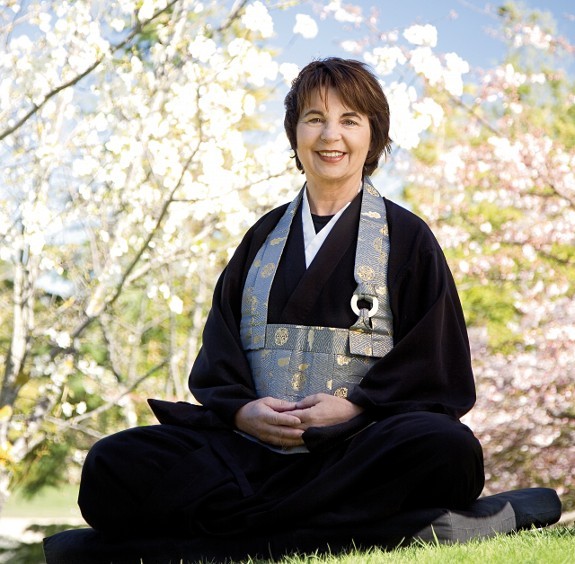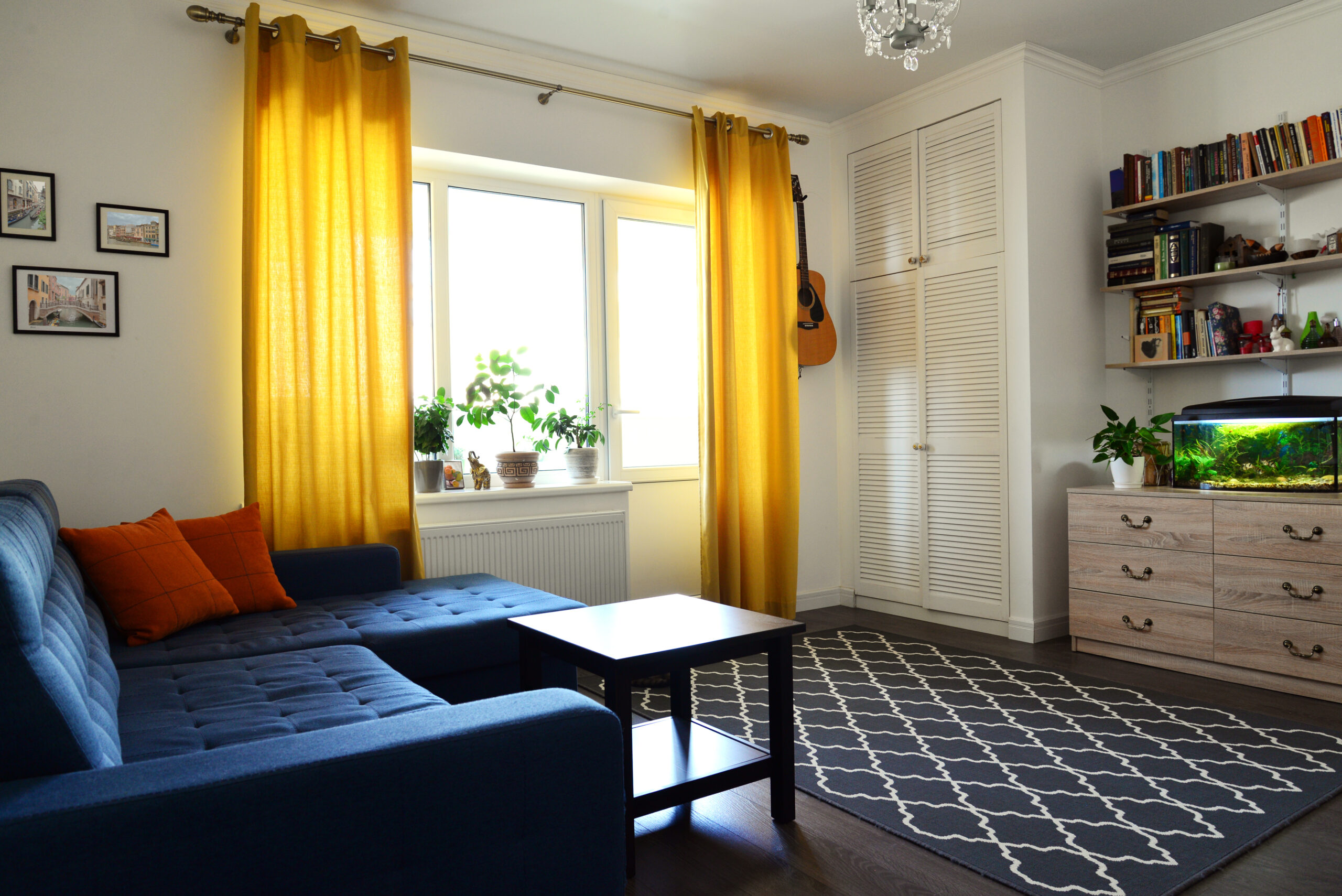Want more Zen-like peace and wisdom in your life? Then slow down and smell the roses, says Mary Jaksch, a Zen master, fourth-dan karate black belt, psychotherapist, classical flautist and blogging phenomenon.
Want more Zen-like peace and wisdom in your life? Then slow down and smell the roses, says Mary Jaksch, a Zen master, fourth-dan karate black belt, psychotherapist, classical flautist and blogging phenomenon.
Photo: Elspeth Collier
Allowing yourself more time to drift may sound decadent, but it’s just what the Zen master orders. “The prevalent thinking is we need to be productive all the time,” says Mary Jaksch. “But in fact what we need to do at times is switch off and let our thoughts drift. When we’re fully immersed in life we can’t reflect.”
Turning dreams into reality
Now living with her tango-teaching partner in Nelson, Mary grew up in Germany, the daughter of a British mother and Czech father. “I’ve got the eastern European passion from my father’s side and the British stiff upper lip from my mother,” she says.
Today she’s most passionate about helping other people find their creative potential. “It doesn’t matter how big your dream is, the first step can be tiny,” she says excitedly. “It’s a question of turning big dreams into reality, in tiny increments.”
Mary’s Zen calm balances her palpable exuberance. For long periods in our conversation she is silent. Perhaps she is reflecting on what she’s about to say, a notion alien to me. In my caffeinated state, I wonder if she’s still there and try to force the conversation on by chattering nervously. She laughs and I feel reassured.
The Zen road to success
Mary and her family came to New Zealand in 1983 in search of a more flexible lifestyle. “In Germany, you are forced to pick one professional track early on and you stay on that track. People don’t jump around like they do here.” When she and her husband parted ways, she re-trained as a psychotherapist and went to karate classes, where she first discovered Zen meditation.
After 20 years of Zen training, Mary was finally appointed Zen master. “My path wasn’t exactly straightforward, but it had a direction.” Mary now runs virtual Zen retreats online; 1,400 participants from all over the world attended her last retreat. “Normally, when you do a Zen retreat, you go away somewhere silent and beautiful and when you come back to life afterwards it can be a bit of a shock. I really wanted to help people bring their practice into their ordinary, everyday lives.”
An online dose of Zen
Mary’s big heart for others led her to blogging. “My son Sebastian said to me one day, ‘I’ll make a website for you, but you have to start a blog’ and I replied, ‘What’s a blog?’ I had no idea.”
She learned fast. Her blog Goodlife Zen now has nearly 12,000 subscribers and twice as many readers. Her simple, easy-to-read posts offer practical inspiration for a happier life.
It’s been an interesting journey, she says. “I’ve been able to step off the treadmill by going online. It’s a great opportunity for people to create a totally new career.”
Mary says one of the reasons she loves working online is because there is co-operation instead of competition.
“People don’t care whether you’re a woman or a man, black or white, what your ethnicity is or what age you are. I’ve built a great business online, but I don’t have competitors. I only have co-operators.”
Mary’s tips for Zen living
Take time out to muse
Being productive all the time is counterproductive for creativity, says Mary. If we are more present instead of rushing along with our thoughts, new ideas will float into our minds.
Unplug one day a week
Mary says the constant low-level stress of the digital age zaps our energy. She recommends turning everything off, even your television, for one day a week.
Go for walks in nature
Research shows walking in nature is good for the brain. Mary recommends doing mindful walking by focusing on breathing, footsteps, sounds and sensations.
Take up physical activity
Mary says even so-called chores like scrubbing the kitchen floor or painting the garden fence can be deeply revitalising when done mindfully.
Meditate
Meditation is a powerful tool for wellbeing. Research shows it’s good for combating stress, fostering health, reducing chronic pain and improving sleep.







